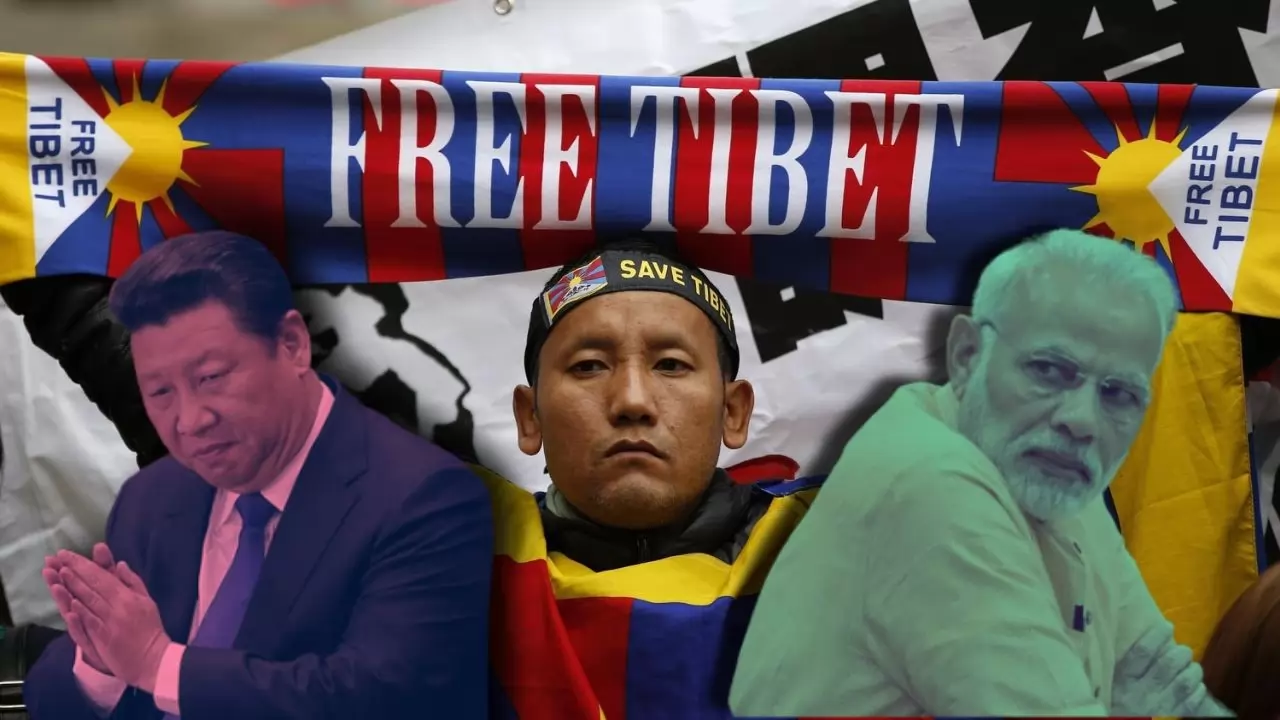
X/Canva
Under Prime Minister Narendra Modi's direction, the NDA government was created for the third time in India. Ever since the announcement, there have been rumors circulating that the administration may reply to China's actions in Arunachal Pradesh in its native tongue. India has chosen to rename numerous locations in Tibet. S Jaishankar, the foreign minister, assumed leadership on Tuesday. Additionally, he has stated that the current border dispute with China should be the main priority.
The renaming of thirty locations in Tibet has been approved by the Indian government, according to reports. Based on historical studies and the Tibetan region, these names will remain. According to reports, the identities would be made public by the Indian Army and updated on the Line of Actual Control (LAC) map.
The unique aspect is that the government is acting now, given that China renamed Arunachal Pradesh thirty times in April. India had also strongly objected to this decision. Eleven residential neighborhoods, twelve hills, four rivers, one lake, one hill pass, and one parcel of land are included in this list of names, the report claims. India has consistently stated that Arunachal Pradesh is an essential component of the nation, notwithstanding China's adamant assertions to the contrary.
India declared on Tuesday that it would concentrate on clearing out the outstanding problems along its border with China. The boundary dispute in eastern Ladakh, which has persisted for over four years, has greatly strained bilateral relations between the two nations. Not long after assuming the position of Foreign Minister, Jaishankar mentioned Pakistani cross-border terrorism and promised measures to address this issue.
"India First" and "Vasudhaiva Kutumbakam" would be the two pillars of Indian foreign policy, according to the minister of external affairs. Regarding relations with China, Jaishankar stated that attempts will be made to overcome certain issues that still exist on their border.
"With regard to China, our attention will be on how to address the outstanding concerns," he said to reporters. Since May 2020, there has been a standoff between the troops of China and India, and the border conflict has not yet been properly settled. But there have been withdrawals from various places of conflict on both sides.





Copyright © 2026 Top Indian News
